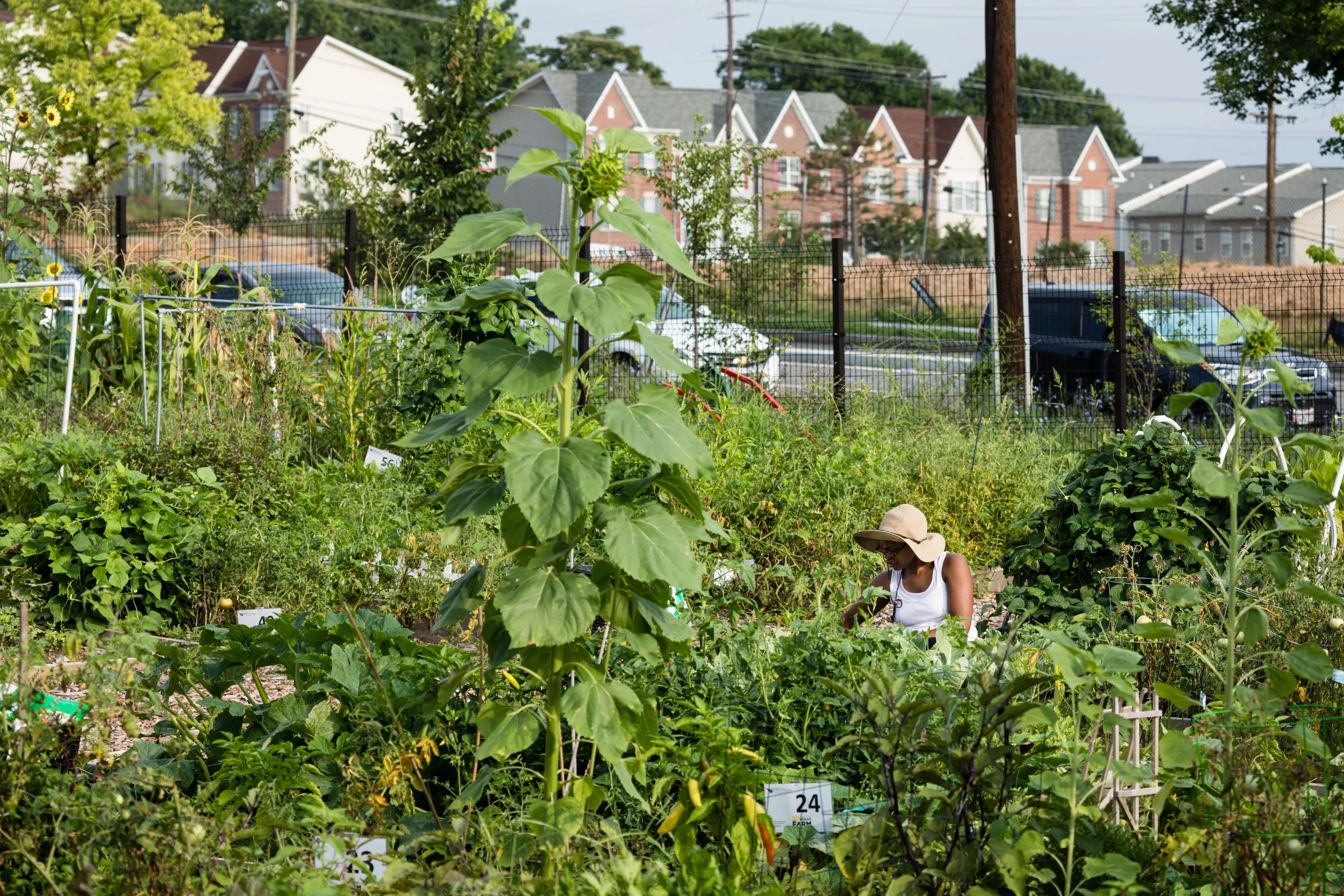What I Wish I Knew When I Entered the Environmental Field
/New grads, this one's for you. If you follow HerChesapeake, chances are high that you study, work, volunteer, or are at least interested in the environmental field. The last decade has brought more attention to climate change and other environmental issues, inspiring many people to make a career out of saving the planet (myself included). And employment in this field is projected to keep growing over the next decade.
It’s been nearly 10 years since I first started studying environmental science. This milestone, along with a recent job change (preceded by a challenging job search) has led to a lot of reflection on my career path so far. I’ll share a few of these reflections, in the hopes that it may help someone trying to navigate their way in this field, or resonate with others who have had similar experiences.
1. There are many possible paths to a good future.
Sometimes it seems that there are endless ways to work in the environmental field. There are so many variations in the type of organization you can work for (federal, state, and local agencies, NGOs, private companies), the issue areas you can work in (wildlife, water, climate change, forestry, renewable energy, environmental justice, etc.), and the type of work you can do (law, policy, research, data analysis, etc.). You don’t even need a scientific background to work in this field - after all, even environmental organizations need accountants, fundraisers, communications specialists, and other experts that you wouldn’t traditionally think of as “environmental.” This took me a while to realize, and sometimes I wonder if I started down this path with a too narrow view of the type of the degree I had to get, the type of internship experiences I needed to have, and the type of job I “should” get after graduation. Which brings me to my next point…
2. Say yes to unexpected opportunities.
What I wanted to do in undergrad is different from what I wanted to do in grad school, which is different from the work that I do now. And I’m so grateful for that growth, because I love what I do, and I might not have discovered it if I hadn’t been willing to say yes to different opportunities. As you progress in this field, your interests may change, and that’s okay. Take time to explore different fields through classes, internships, and job opportunities, and especially say yes to opportunities that allow you to develop new skills. Take advantage of the freedom to do this early in your career - the older you get, the more specialized your resume and skillset gets, making it harder to land new opportunities that aren’t directly related to your previous work.
3. Ask your connections for help, & practice your pitch.
Even with a masters degree and years of experience, I still struggled with rejection after rejection during my most recent job search. The reality is that it is a very competitive field, especially for entry-level positions, and the availability of positions ebbs and flows with funding cycles, grants, and even political administrations and their priorities. Some things that have helped me when job-searching were having a trusted mentor to review resumes and cover letters, practicing for interviews out loud, boosting my resume with volunteer work and professional development like presenting at conferences or skills development courses, and learning how to properly network. I wish I knew much earlier that networking doesn’t have to be awkward elevator pitches and handing out your business card at conferences, but it can start much more organically with the people you know. Start asking the people you work with for coffee to learn about their career path. Don’t be afraid to ask someone to be a mentor, and learn from their advice and experiences. The environmental field is smaller than you would think, and one connection you make may end up serving you later in ways you didn’t expect.
4. Make space at the table.
Despite the many commitments made to diversity, equity, inclusion, and justice (DEIJ) efforts by environmental organizations over the past few years, many have pointed out that the environmental field is still overwhelmingly white, and is among the least diverse STEM fields. I see it reflected in my own experience - of all the supervisors I’ve had across jobs and internships, all of them have been white (not to mention that only 1/5th of them were women) and very few organizations I’ve worked with have had a person of color in a leadership role. The barriers to entering this field can be steep - the cost of higher education, which is generally required in this field, can be cost-prohibitive, and the unpaid internships and “pay-to-volunteer” field experiences that you need to gain experience are inaccessible to anyone without a financial safety net. On top of that, hiring practices tend to be inequitable, and workplace cultures of “professionalism” set by folks in power drive away employees who have differing lived experiences. For those of you who, like me, didn’t have these barriers in the way - keep these issues in perspective, educate yourself on the issues and how to make change within your sphere of influence, and advocate for DEIJ to be addressed in your workplace. Adopt an abundance mindset - there’s enough work, enough success, and enough space at the table to go around.
5. Find your community.
It’s still challenging to be a woman in science. Great strides have been made in gender equality in the sciences over the past several decades, and women make up a growing percentage of the environmental field. However, men still dominate leadership positions within environmental organizations, and women in every field still face issues like harassment, outdated or non-existent maternity-leave policies, and gender-based microaggressions. I’ll never forget the time I was laughed at by a male supervisor for expressing concern for my safety when assigned to do field work in a secluded area alone. Or the time another male supervisor asked inappropriate questions about my relationship and how it would affect my future career decisions.
Something I’ve found incredibly valuable is finding mentors, colleagues, and networks of women in this field to turn to for support when dealing with difficult situations. Having an ally that has your back at work, or a support system to lean on when facing challenges is so important for mental, emotional, and professional well-being. Having a community like HerChesapeake that can relate to these experiences has helped remind me of my value and motivated me to continue working for the environmental and social changes I want to see in the world, and provides a space for me to offer the same for others.
What is the most important thing you have learned in your career path? Share in the comments below!


